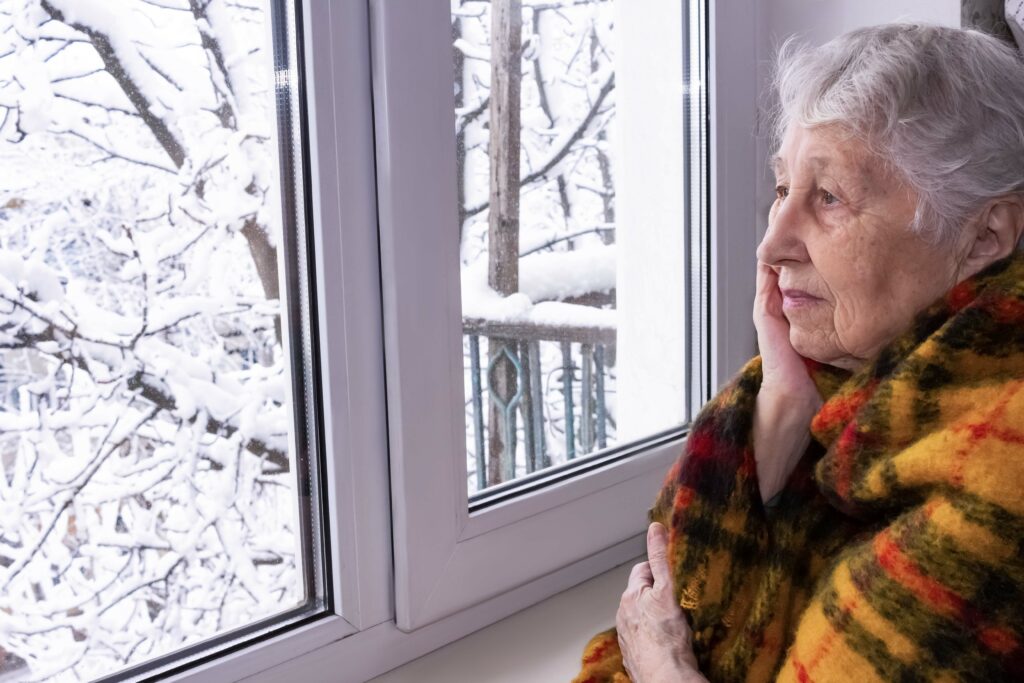
Blog post
Prioritizing Mental Health as a Universal Human Right
By: Neltada Charlemagne, DNP, APRN, PMHNP-BC, PHN, BHC
Oh, those Winter Blues. Tips to managing stress and depression.
As the days get shorter, and the weather cooler, you may experience “the winter blues.” This is also called seasonal affective disorder or SAD. The reduced light exposure changes hormone levels and can make you feel down.
On top of this, you may have holiday-related stressors. These are brought on by busier schedules, worry over gift spending, family issues, or going into the holidays without a loved one.
And this year we may continue to experience isolation due to limits on family gatherings based on COVID trends.
That’s a lot to deal with so we’ve put together three steps to help.
1. Watch for symptoms of the winter blues.
• Fatigue
• Depression
• Hopelessness
• Social withdrawal
2. Practice simple everyday healthy habits.
• Get more light – you can consider a light box or simply sit by a window for 20 minutes; if going outside, don’t forget the sunscreen.
• Eat fruits and veggies – you may be craving sugar and carbs, but work in something fresh!
• Stay active – check with your doctor on the right level of activity for you.
• Unplug and say ‘no’ – don’t give into holiday pressures; balance your social and quite time.
3. Discuss other treatments with your provider.
• Talk therapy – with the help of a therapist, you can develop skills and strategies to cope with feeling low or depressed.
• Medications – your provider may recommend a Vitamin D supplement, or even an antidepressant medication depending on your needs.


By: Neltada Charlemagne, DNP, APRN, PMHNP-BC, PHN, BHC

Older adults can safeguard themselves from the physical, mental and emotional toll of unexpected medical costs.

Optum Care Network – Monarch has teamed up with Landmark to deliver in-home medical care to members with multiple chronic conditions.